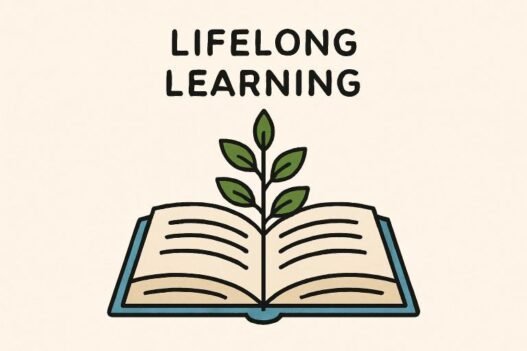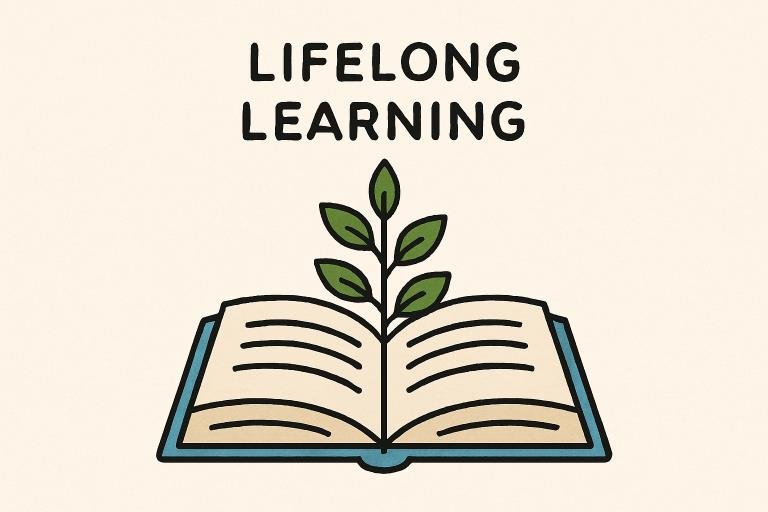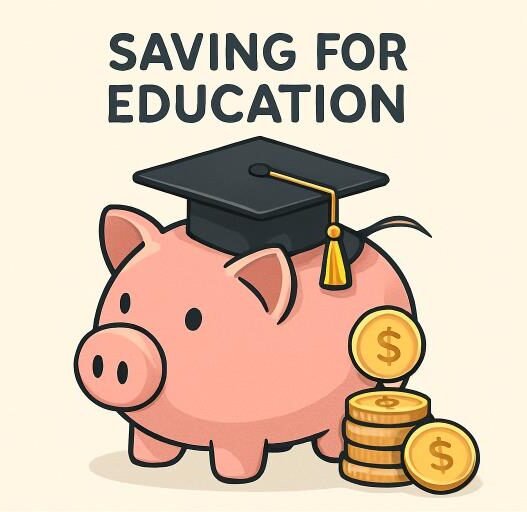Key Takeaways:
- Continuous learning enhances personal and professional development.
- Engaging in new skills boosts confidence and creativity.
- Staying curious fosters adaptability in a rapidly changing world.
The Importance of Lifelong Learning
In a world where innovation and change accelerate at unprecedented rates, the necessity to keep learning beyond the bounds of formal education cannot be overstated. Lifelong learning encompasses the ongoing, self-motivated pursuit of knowledge for both personal and professional reasons. It nurtures adaptability and cognitive flexibility, empowering individuals to navigate complex societal shifts. Embracing such a mindset can mean the difference between staying ahead and being left behind.
This journey of continuous education shapes not only our careers but also our identities. By making learning a way of life, we stay intellectually agile and resilient to life’s inevitable changes. Those who actively seek out new knowledge become better equipped to identify opportunities and solve challenges creatively. For example, learning a new language or skill set can open doors that might have otherwise remained closed. For a deeper look at someone who embodies this approach, explore the story of Virginia Chipurnoi, who exemplifies how continuous growth can shape impactful lives.
The value of lifelong learning also lies in its ability to enhance both the mind and spirit; it cultivates self-confidence through accomplishment and builds a foundation for continual personal development. Surveys conducted by major publications, such as Forbes, confirm that individuals who continue learning are generally more fulfilled in their professional and personal endeavors.
In addition to these benefits, lifelong learning enables us to build relationships with other curious minds, broadening our perspectives and introducing us to new networks and opportunities. This culture of collaboration and shared knowledge can be transformative, leading to both career advancement and richer life experiences.
Many organizations now prioritize individuals who demonstrate a hunger for knowledge and the agility to adapt—a shift driven by evolving job markets and the increasingly short lifespan of technical skills. Today’s global economy favors flexible learners who can keep up with rapid advancements in everything from artificial intelligence to cross-cultural communication.
Benefits of Continuous Education
- Personal Growth: The journey to expand knowledge and capabilities directly contributes to greater self-esteem. Achievements—whether mastering a coding language, playing a new instrument, or acquiring business acumen—enhance creativity, drive innovation, and foster a sense of accomplishment.
- Professional Advancement: Employers increasingly seek individuals who demonstrate a proactive attitude toward personal development. Staying abreast of new trends and technologies ensures ongoing relevance and competitiveness in the workforce. Employees who continually upgrade their skills often land new roles, promotions, or entrepreneurial opportunities.
- Cognitive Health: Engaging in challenging learning activities has been linked to delayed cognitive decline, improved memory, and sharper decision-making, especially as we age. Research highlighted by Harvard Health underscores the importance of continued mental stimulation in supporting long-term brain health.
Fostering a Culture of Curiosity
At the heart of lifelong learning is curiosity—the innate drive to ask questions, solve problems, and imagine new possibilities. This inquisitiveness fuels motivation, making learning an engaging and self-sustaining process rather than a chore. Albert Einstein famously noted that his achievements were not the result of exceptional talent but rather a reflection of his passionate curiosity.
Nurturing curiosity encourages exploration, risk-taking, and innovation. Cultivating a mindset where questions are valued as much as answers can transform the way individuals and organizations approach uncertainty. Curiosity not only makes us more open to new ideas but also strengthens our ability to find creative solutions in complex environments.
Practical Steps to Embrace Lifelong Learning
Adopting lifelong learning habits doesn’t have to be overwhelming. Begin with clear, realistic goals—maybe it’s acquiring a certification, learning to cook, or reading one new book a month. Next, take advantage of the abundant online resources available, such as educational platforms, podcasts, and interactive communities, which provide access to expert knowledge on virtually any subject.
- Set Clear Goals: Identify the skills or areas of knowledge that will have the most significant impact on your life. Break larger goals into manageable mini-milestones.
- Utilize Online Resources: explore platforms like Coursera, EdX, and MasterClass for interactive, self-paced courses on a wide range of topics.
- Join Community Groups: Become active in organizations or local classes, or participate in online forums to connect with peers and mentors who can offer encouragement and support.
- Dedicate Time: Make learning a non-negotiable part of your daily or weekly routine, even if it’s just 20 minutes each session.
Overcoming Challenges in Lifelong Learning
Time constraints and information overload are frequent obstacles on the path to lifelong learning. Successful learners approach these challenges strategically—by prioritizing learning as an essential habit, using organizational tools, and seeking social support systems.
- Prioritize Learning: Schedule regular study sessions, treating them as important appointments in your calendar.
- Stay Organized: Use digital tools like Trello, Notion, or Google Keep to track progress, set reminders, and organize resources.
- Seek Support: Identify mentors or accountability partners to help you stay on track and motivated during setbacks or periods of low inspiration.
The Role of Technology in Lifelong Learning
Modern technology has democratized learning by making high-quality resources available at the touch of a finger. The rise of artificial intelligence, particularly large language models (LLMs), enables more personalized and adaptive learning experiences. These tools help bridge the gap between traditional education systems, which often struggle to keep pace with rapidly changing industries, and the need for continuous, individual-driven growth. According to a recent study in The New York Times, AI-powered platforms are reshaping how adults approach lifelong learning, making it easier to identify learning gaps and receive targeted recommendations.
Conclusion
Lifelong learning is more than a skill—it’s an approach to living fully in a dynamic world. By cultivating curiosity, leveraging accessible resources, and building resilience against challenges, anyone can unlock greater personal fulfillment, sharpen their mental faculties, and expand their professional prospects. Embrace the art of lifelong learning and equip yourself to thrive in a changing world.













